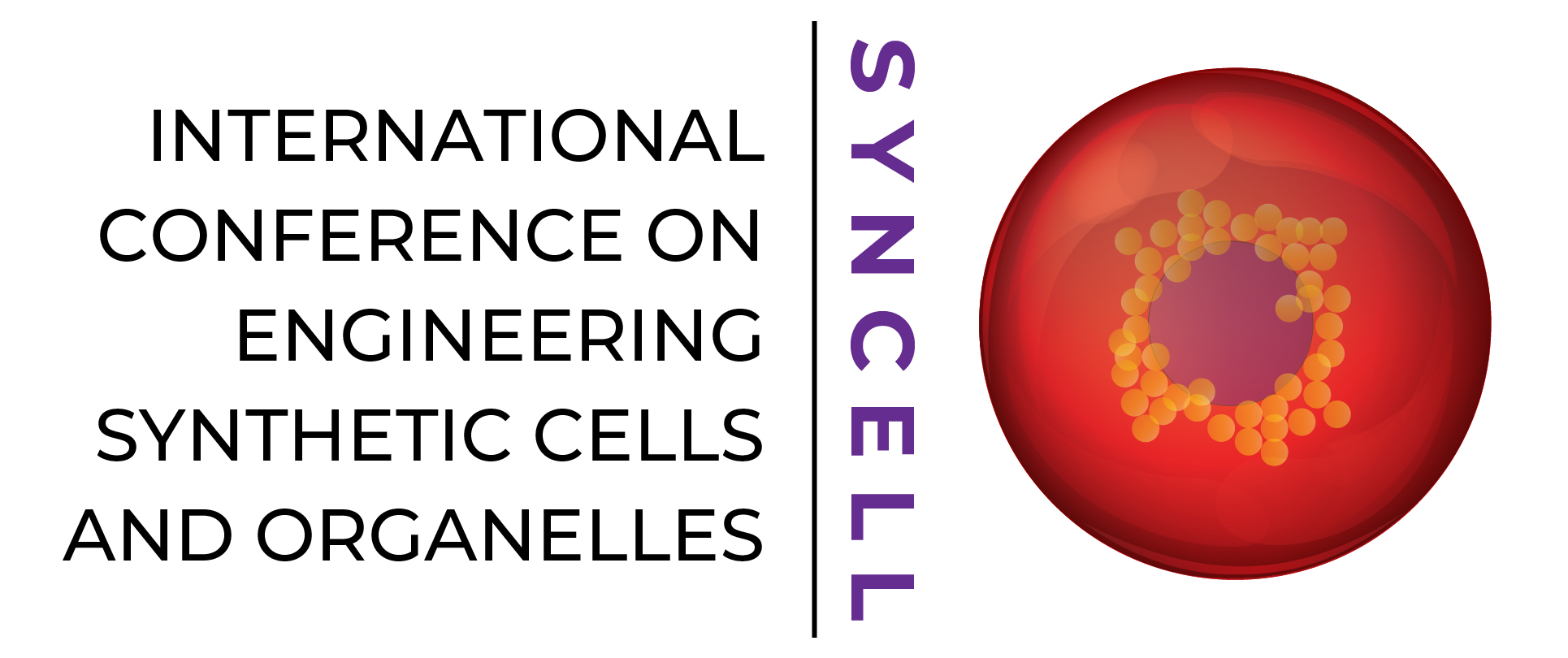
Essential universal tasks for a minimal living cell
Presented by: Clyde Hutchison
J. Craig Venter Institute
Featured Talk
Abstract
CLYDE HUTCHISON
Title: Essential Universal Tasks for a Minimal Living Cell
Chuck Merryman, Clyde A. Hutchison III, Kim S. Wise, Hamilton O. Smith, Yo Suzuki,
Lijie Sun, John I. Glass, J. Craig Venter
J. Craig Venter Institute, La Jolla CA
We designed and synthesized a minimized bacterial genome, then transplanted it to produce JCVI-syn3.0, a working approximation to a minimal living bacterial cell (Science, 2016; PMID: 27013737). JCVI-syn3.0 has a 531 Kbp genome containing 438 protein-coding genes and 35 annotated RNAs. When originally reported, 65 of these genes had “unknown” functions and 84 were classified as “generic”, without precisely defined functions. Of these 149 genes, 45 have now been assigned precise functions based on recent analysis, and studies from the literature. Analysis of the gene complement of JCVI-syn3.0 leads us to conclude that no set of genes, or set of genetic functions, exists that is sufficient for life and common to all living cells. However, it appears possible to list a core set of “Essential Universal Tasks” (EUTs) that are necessary and sufficient for life. “Tasks” are biochemical operations requiring one or more gene functions. By using the term “Universal” we mean that this set of tasks is performed by living cells in all three domains of life: bacteria, archaea, and eukaryotes. We will discuss this task concept, propose a list of EUTs to define life, and where possible, assign the genes of JCVI-syn3.0 to these tasks.
